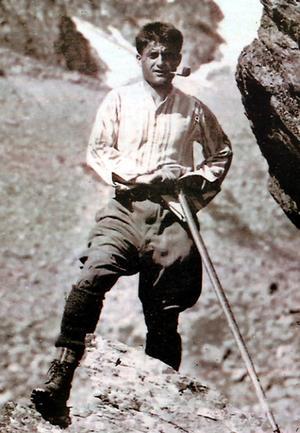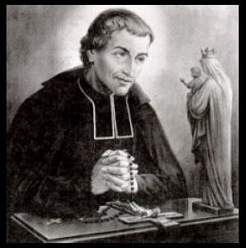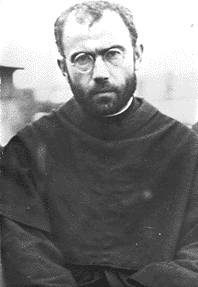 1) It is really easy to deceive one's self on the spiritual road to God. Deception can look like piety, or discouragement, and even be a way some people excuse themselves from the hard bits. Even in a monastery, monks or nuns can "opt" out on the road to perfection by either manipulating the authority over them, manipulating the community or by isolating themselves. This can happen through weakness or through pride and through strength and pride.
1) It is really easy to deceive one's self on the spiritual road to God. Deception can look like piety, or discouragement, and even be a way some people excuse themselves from the hard bits. Even in a monastery, monks or nuns can "opt" out on the road to perfection by either manipulating the authority over them, manipulating the community or by isolating themselves. This can happen through weakness or through pride and through strength and pride.Just as in some jobs you have met the person on the team who just can't meet when everyone else does regularly, or gets migraines under stress and reminds you how unreliable there health is, or the one who wants to take over the group. I had a group dynamics course in the 1970s in preparation for a teaching certificate, and these types of problems were discussed. In a monastery or a family, there may even be the person who always feels offended, or worse, feels so holy, that the others are holding them back. All these problems come from a skewed idea of reality and deceit at deep levels of the psyche. Healing and repentance are necessary.
This is one reason why one who does not have a spiritual director should find a good confessor and always go to the same one for continuity. This continuity opens the door for honesty and proves to make a huge difference in a person's life if they cannot find a spiritual director. In the past years when I did not have one, having the same confessor week after week was extremely useful and productive.
Humility is honesty and one cannot grow in humility unless one is honest about one's self.
2) A role model in one's life, or even a saint one admires and with whom one can identify is helpful if one does not have a spiritual director. When we have, especially, an older person in whom we see holiness and can learn from them just by osmosis or being in their presence, this can be a great help in spiritual growth.
Too many Millennials do not have good examples in their families of personal holiness. Many do, but not all can look towards leadership in the family for spiritual growth. Cynicism and fear can be a reaction in a young person who cannot see personal holiness or who does not have a role model. A priest told me of an old woman he visited regularly until she died. He said visiting her was like stepping into heaven because of her love of God and His Love for her. He was always eager to see her.
The lives of the saints become more important for these youth than ever before. Parents can introduce their children to saints and also direct the children to saints who may be like their children in character, personality and talents.
For example. Therese the Little Flower appeals to both men and women because of her "Little Way" and her honesty. Pier Georgio Frassati is very popular among those at the end of Generation X, as they can identify with his family life and his love of friendship. Groups have grown out of this need for modelling.
For seminarians in the Millennials, such saints as Louis de Montfort, John Vianney and Maximilian Kolbe are attractive, both having endured persecution in different ways.
For those who are married, Louis and Zelie Martin are perfect examples of those who suffer on the way to perfection.
to be continued....



